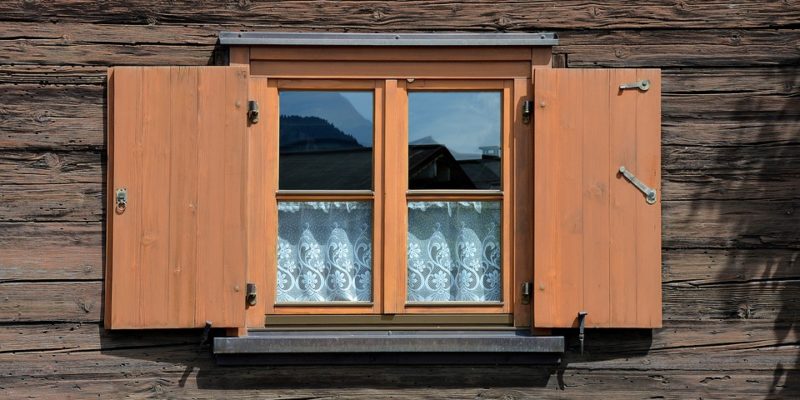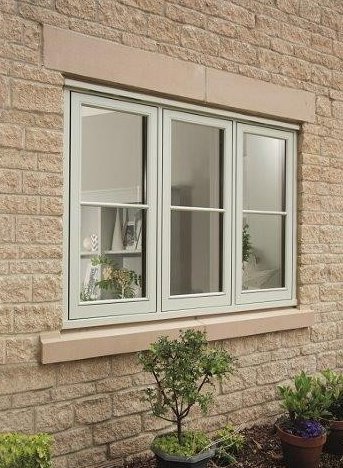When it comes to making improvements to your property, windows are an obvious place to start. By nature, they allow more heat to escape than the walls that surround them. And once they reach a certain age, they’ll inevitably benefit from being replaced with new, more efficient ones.
But windows come in a variety of styles, using a variety of materials. Of these, amongst the most popular is wood. Though they command a higher price, wooden windows boast several virtues which set them apart from their metal and plastic (uPVC) counterparts.
Cost
It’s worth starting with what might seem a disadvantage: wooden windows will command a higher up-front price than uPVC windows. What’s more, they require regular maintenance, which means investing in waxes, oils, and brushes. You’ll also need to put aside the hours (or, more often, minutes) necessary to apply these things – or pay someone else to provide them.
Wooden windows, however, tend to work out cheaper in the long run, as they’re far more resilient than uPVC, and should last much longer. That’s why most warranties for wooden windows extend far beyond those attached to their uPVC equivalents.
Energy Efficiency
As a rule, wooden windows tend to perform better when it comes to energy efficiency. Their frames are stronger and more durable, which means that they’re able to support thicker windows without becoming excessively bulky. This means that thicker double-glazed and even triple-glazed windows are feasible.
Aesthetics
Perhaps the greatest virtue of a wooden window is its appearance. With the right natural finish to emphasise the grain, the inherent qualities of the wood can make the difference between an exterior that looks the part and one that doesn’t. By the same token, a coat of the right paint can have a similar effect. By re-applying the finish, the look of the window can be preserved long into the future, and this in turn can help to boost the value of the property. But this needn’t be a regular ritual – wooden windows can last for years without needing a second coat of finish. By contrast, the finish of a uPVC window can never be restored – once it starts to degrade, there’s no way to turn back the clock.
Environmental
As you might imagine, wood can be obtained at far less environmental cost than plastic. Timber can be sourced sustainably, and there are bodies like the Forest Stewardship Council, which help consumers to identify responsible manufacturers. If you’re looking to reduce your carbon footprint, a wooden window is a better choice than a plastic one.
In Conclusion
While uPVC windows might seem a tempting prospect in the short term – particularly if you’re looking to re
Looking for new windows for your home? Browse our sliding sash or casement windows or find out about our handmade bespoke windows.



